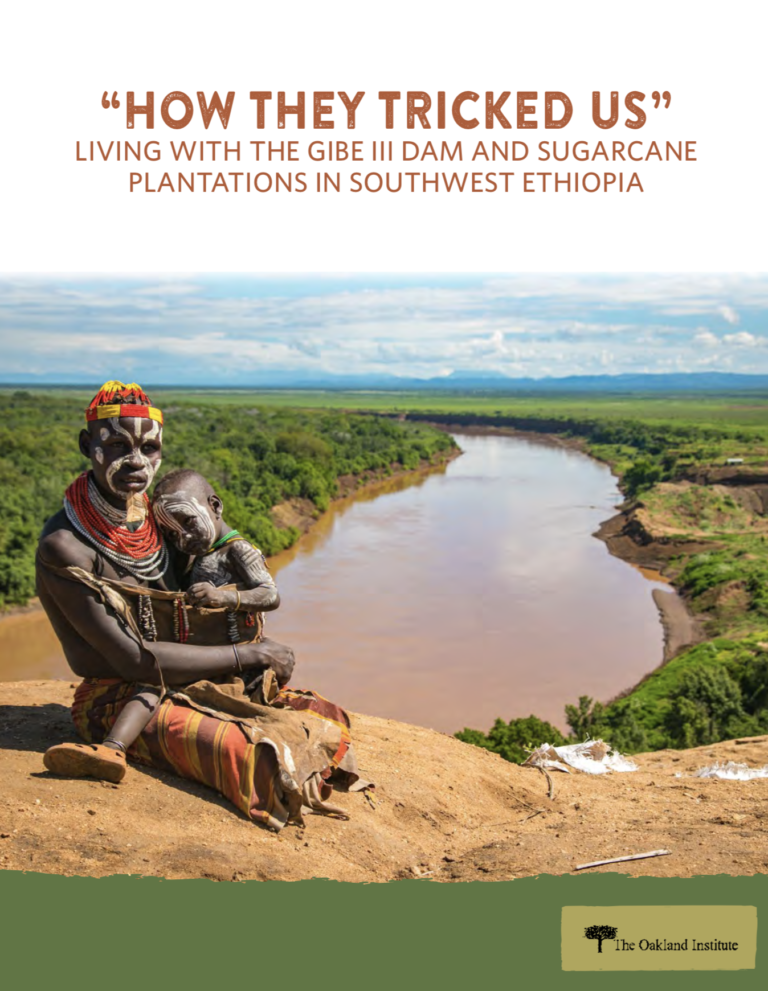Eradicating Forced Labour in Electronics
PublicationsThe information and communications technology sector(ICT) is at high risk of forced labour. A significant number ofworkers in electronics supply chains are migrant workers who are particularly vulnerable to exploitation. The US Department of Labour�...Read More

